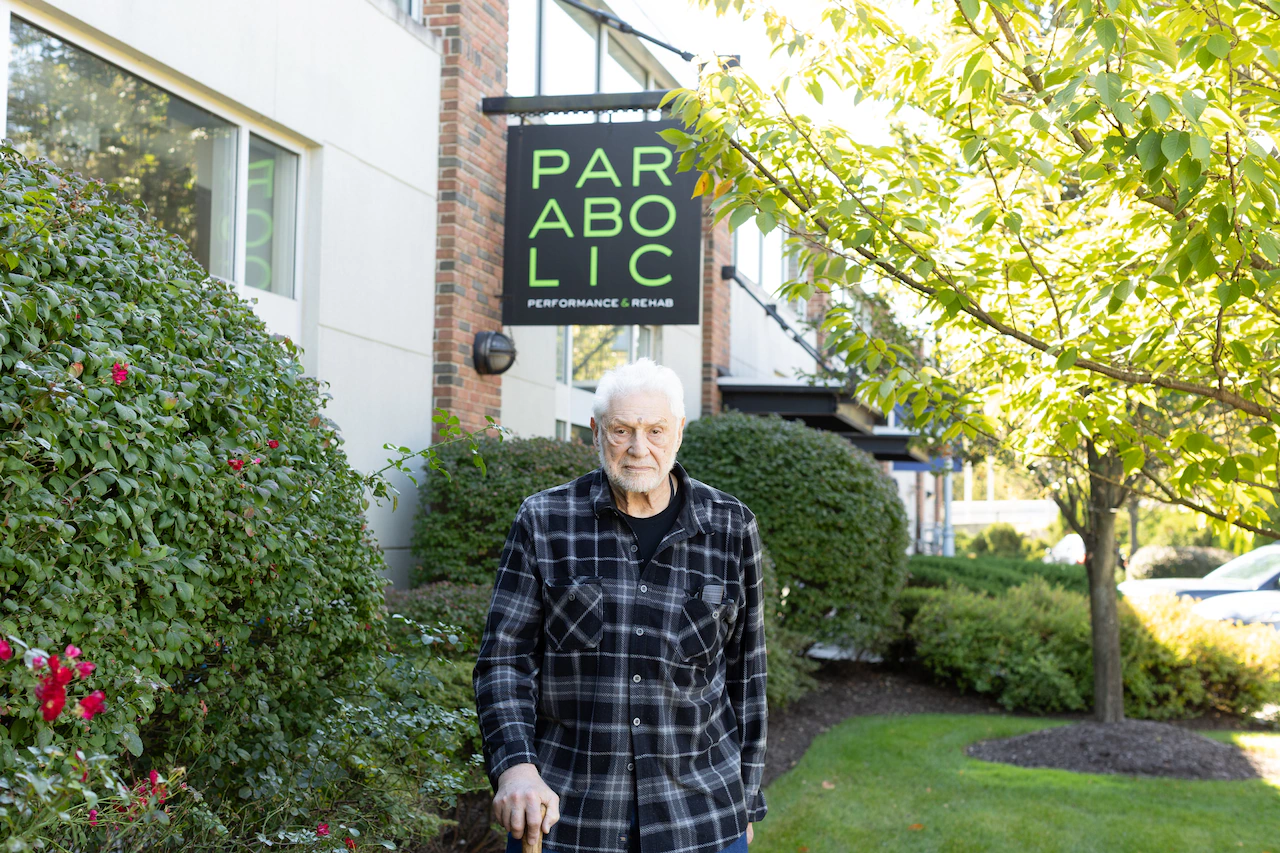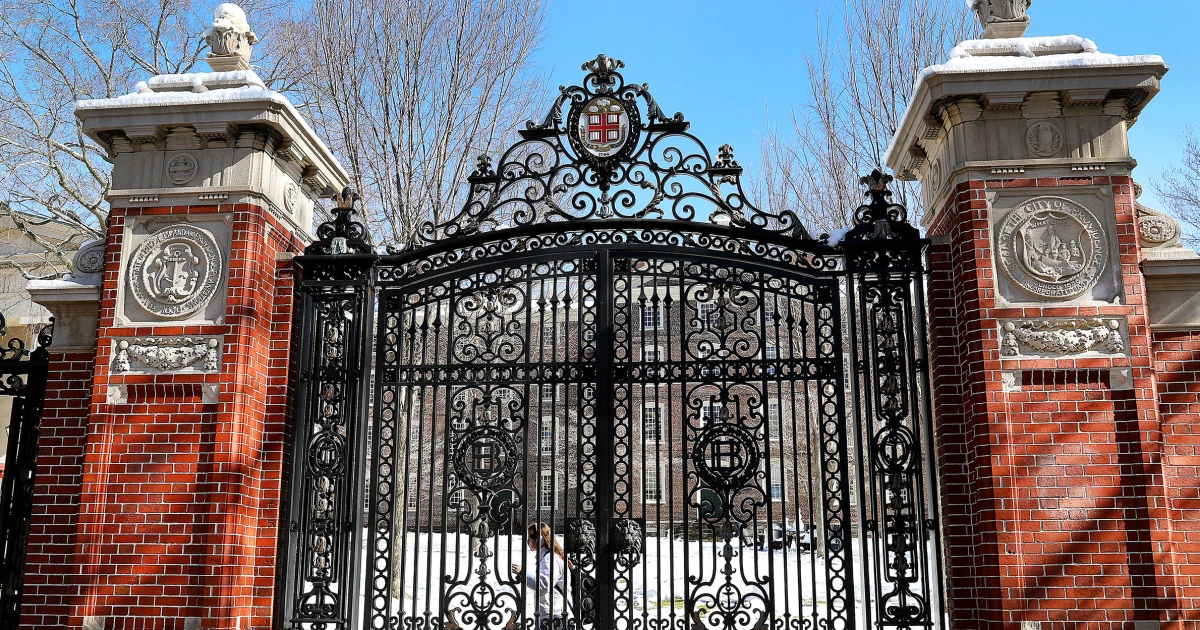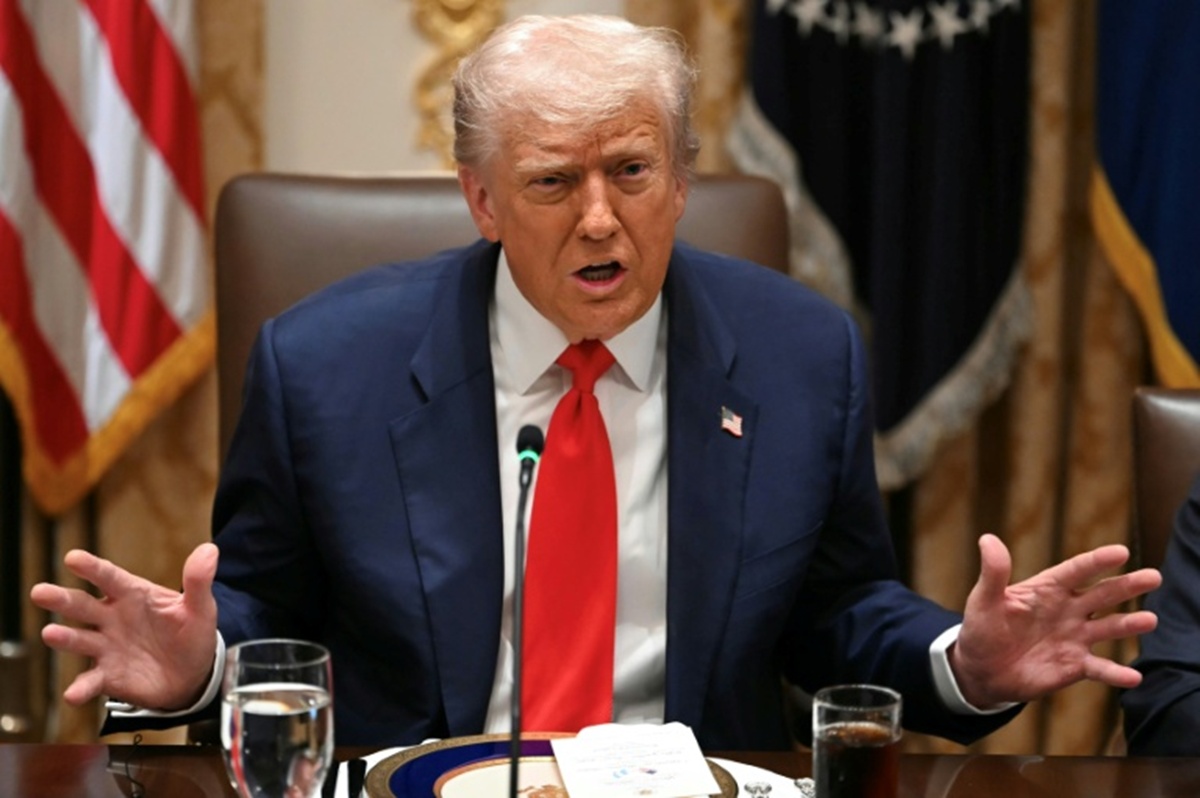Copyright NJ.com

At age 84, Milt Horowitz is a scrappy fellow. He’s not one to get pushed around. The retired mathematics teacher from Montclair is very active, taking classes in music, sculpture and even running for a seat on his local board of education this November. But he also has tight hip flexors, weak ankles and kyphosis, a condition where the spine curves. That’s why he goes to physical therapy. But at a recent visit, he had a surprise. When he tried to pay his co-pay with cash, the business — Parabolic Montclair, which also has facilities in Hackensack and Little Falls — refused to take the payment. “The employees said it was their policy not to accept cash. Credit card or check only,” Horowitz said of the Sept. 19 visit. He was perturbed, noting that U.S. bills say: “This note is legal tender for all debts, public and private.” “As there was a 4% surcharge on the use of a credit card, and since I did not have a check, I said I would pay on the next visit. That was accepted,” he said. Horowitz paid with a check for his first two visits. But it gnawed at him. So he did some research, coming across a state law he believed supported what he thought was his right to pay cash. Signed into law in 2019, it says: “A person selling or offering for sale goods or services at retail shall not require a buyer to pay using credit or prohibit cash as payment in order to purchase the goods or services. A person selling or offering for sale goods or services at retail shall accept legal tender when offered by the buyer as payment.” Violations are costly: up to $2,500 for the first offense and up to $5,000 for the second offense. There are a few specific exceptions involving some retailers at airports and certain parking facilities, for example. But the provision says nothing specific about medical providers, one way or the other. “I provided a copy of the law to the company which begrudgingly granted me an exception to their policy,” Horowitz said. Now he could pay cash. But he still didn’t think it was fair. What about other people? “I believe it is important for people to know this, especially people who do not have the resources that `wealthier’ people have,” he said. He asked Bamboozled to take a closer look. DIVING IN It’s easy to understand why some businesses would prefer to refuse cash. Payment apps are increasingly common and credit cards abound — and with those pesky credit card surcharges being shouldered by the consumer, taking credit cards is more economical for businesses than they used to be. No cash also means a company doesn’t have to worry about theft or making large cash deposits at the end of the day. But there’s another side to the issue, said Sen. Paul Moriarty, the primary sponsor of the legislation when he was in the Assembly. He said many New Jerseyans are unbanked or don’t have credit cards but still have money in their pockets. “They’re being treated like second-class citizens,” he said. “I find it deplorable that places would stop taking cash.” Plus, he said, he doesn’t want credit card companies tracking his every transaction so they can sell his information to make money. Good point. We asked Parabolic Montclair about the policy. “We don’t accept cash but we do accept cash from him,” an employee said of Horowitz. She said a supervisor would get back to us about the law. We quickly heard from Brandon Horton, an assistant manager at the Hackensack location. The law doesn’t apply to medical practices, he said. “Medical providers are not classified as retailers under this law, and therefore, they are permitted to implement a cashless payment policy if they choose,” he said. We took that back to Moriarty’s office, which went to the Office of Legislative Services, a provider of nonpartisan staff support to lawmakers. It said a physical therapy office or doctor’s office would probably be exempt from the requirement to accept cash. That’s because the Consumer Fraud Act — which the no-cash law falls under — does not apply to health care services rendered by professionals. “There is also an argument that physical therapists and doctors are likely not offering their services `at retail’ when they collect co-payments or other amounts for services, as health care services are generally not offered to the public at large,” the office said. But importantly, it noted the state attorney general’s office hasn’t issued a statement or regulations addressing this one way or the other, and there have been no court cases that specifically address the question. We asked the attorney general’s office to confirm that, and its Division of Consumer Affairs responded, saying whether an entity is violating the Consumer Fraud Act is “fact sensitive.” “However, the Consumer Fraud Act generally does not apply to health care services rendered by licensed professionals, so a physical therapy facility, as a health care provider, would most likely be exempt from the requirement to accept cash,“ spokeswoman Lisa Coryell said. This all leads us to ask if, perhaps, the question of whether health services should be exempt from the no-cash law should be more clearly addressed, once and for all. Back to Moriarty we went. “I think health providers that are collecting routine co-pays should be accepting cash. I don’t believe they are exempted,” Moriarty said. “On the other hand, a hospital bill for $10,000 might be different.” We also asked Parabolic about the cash exception made for Horowitz and if other customers can get the same. Parabolic did not respond to the question. Horowitz, who said he’s been feeling better with his physical therapy, didn’t like that. “I think that for those less fortunate, it is important for us to stand up and speak out when others are being taken advantage of,” he said.



